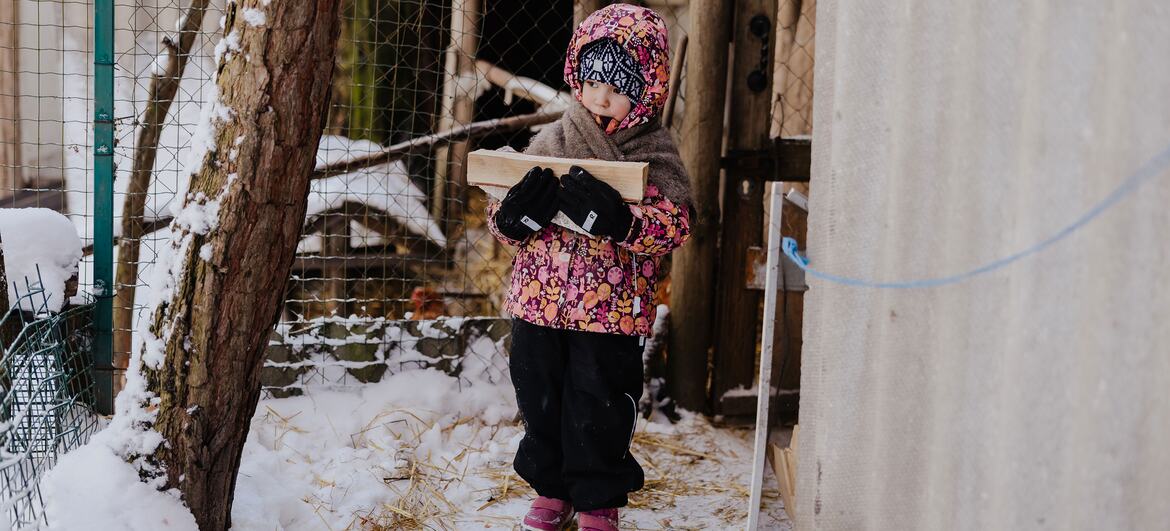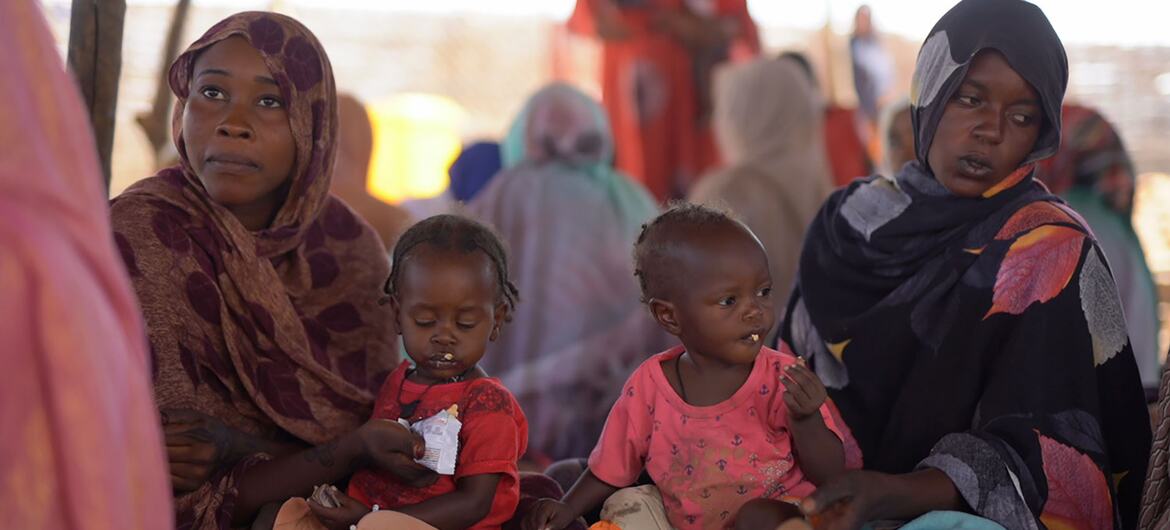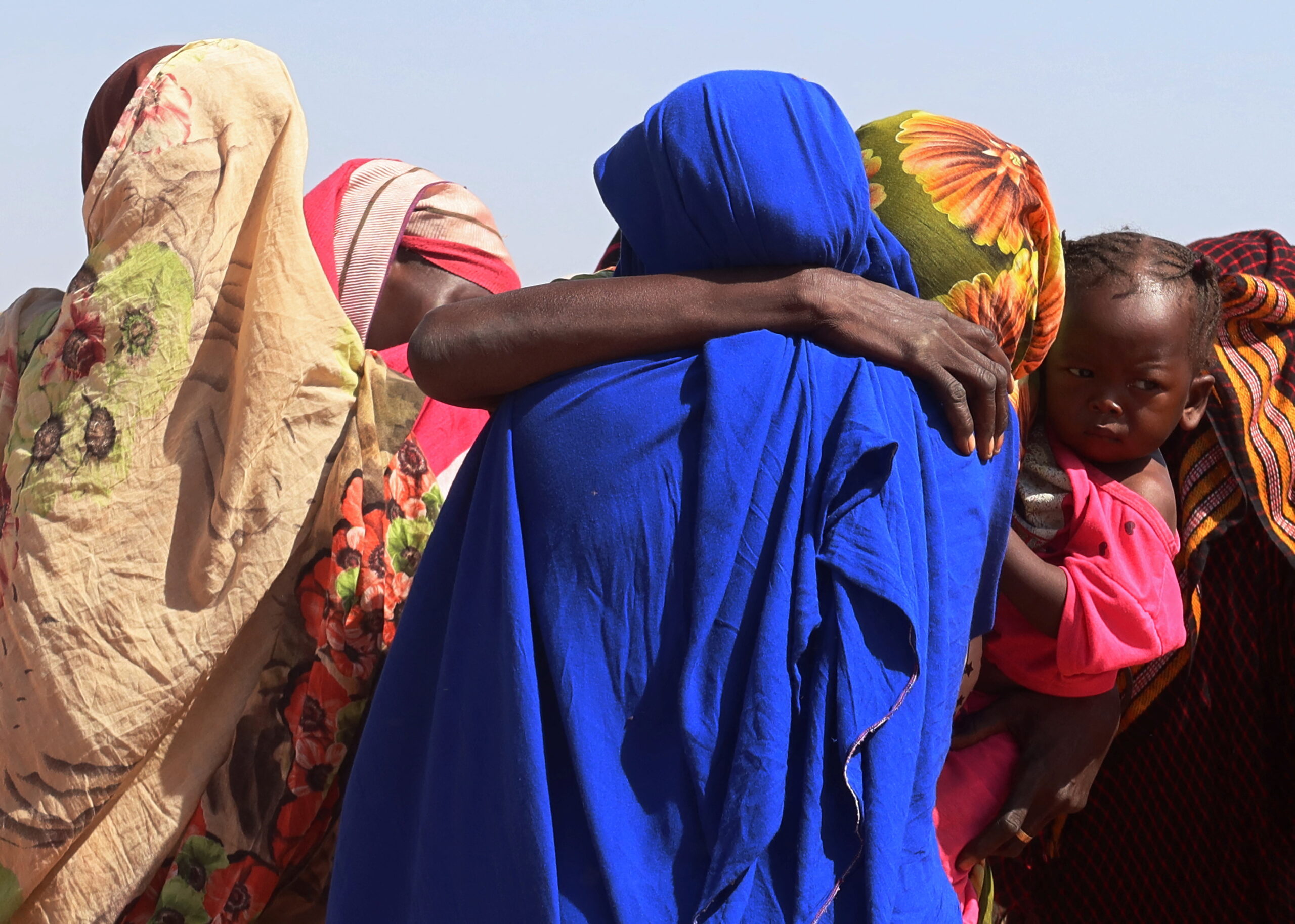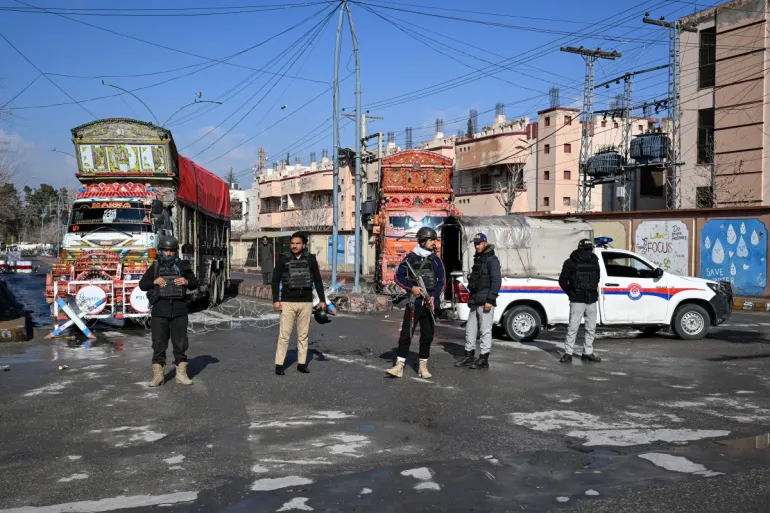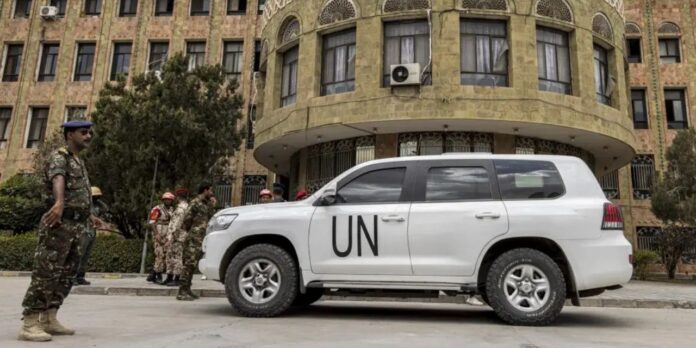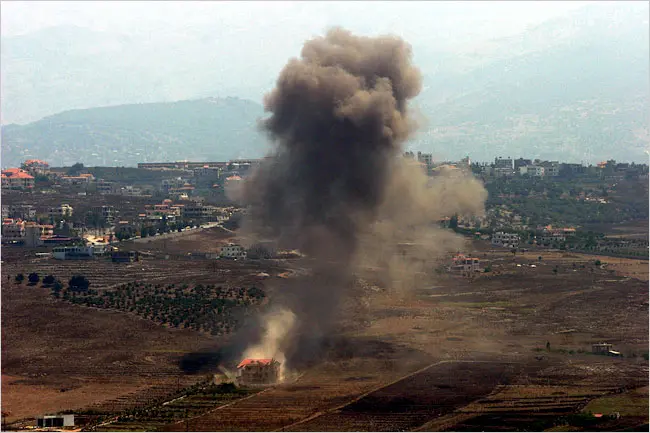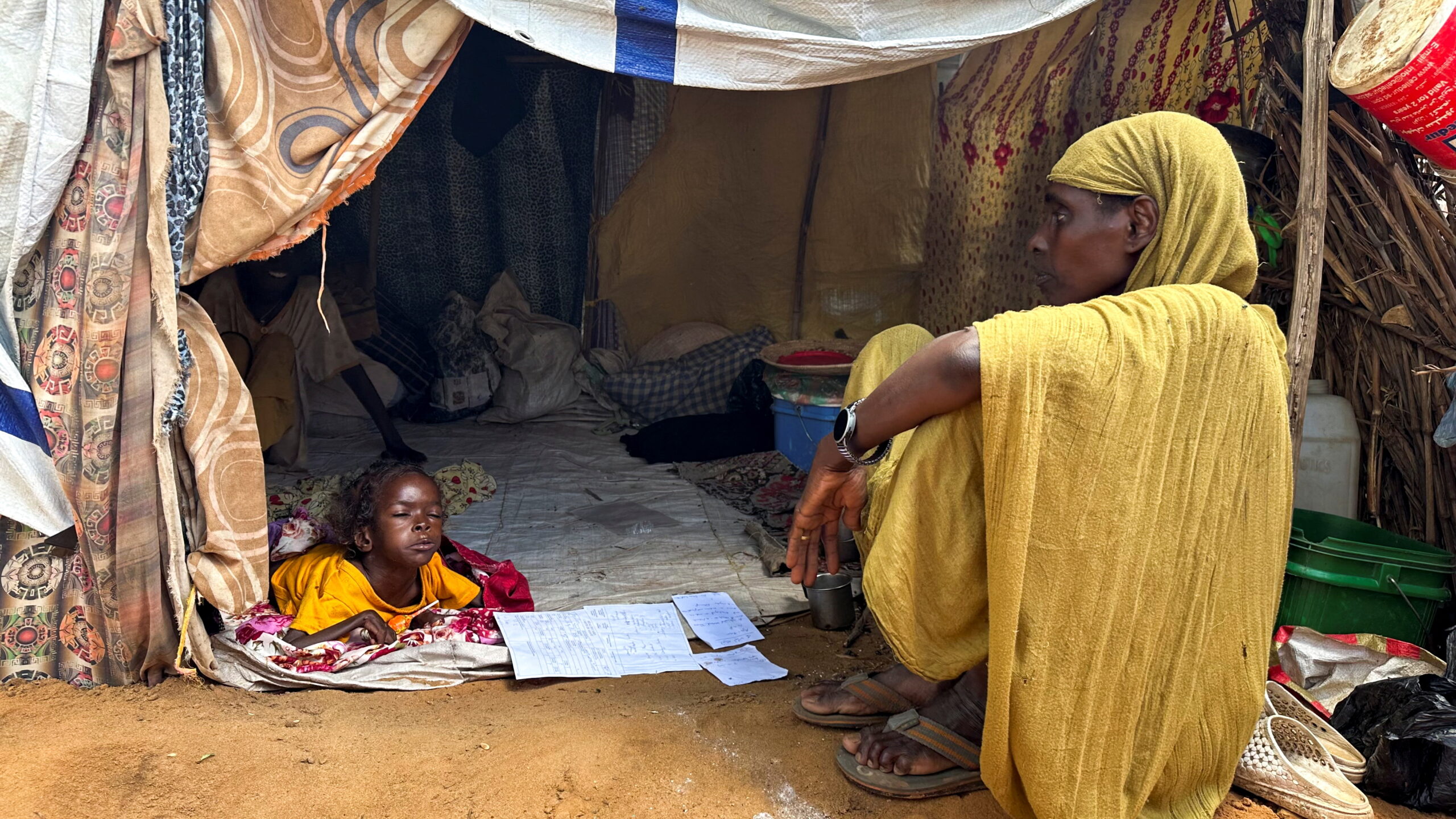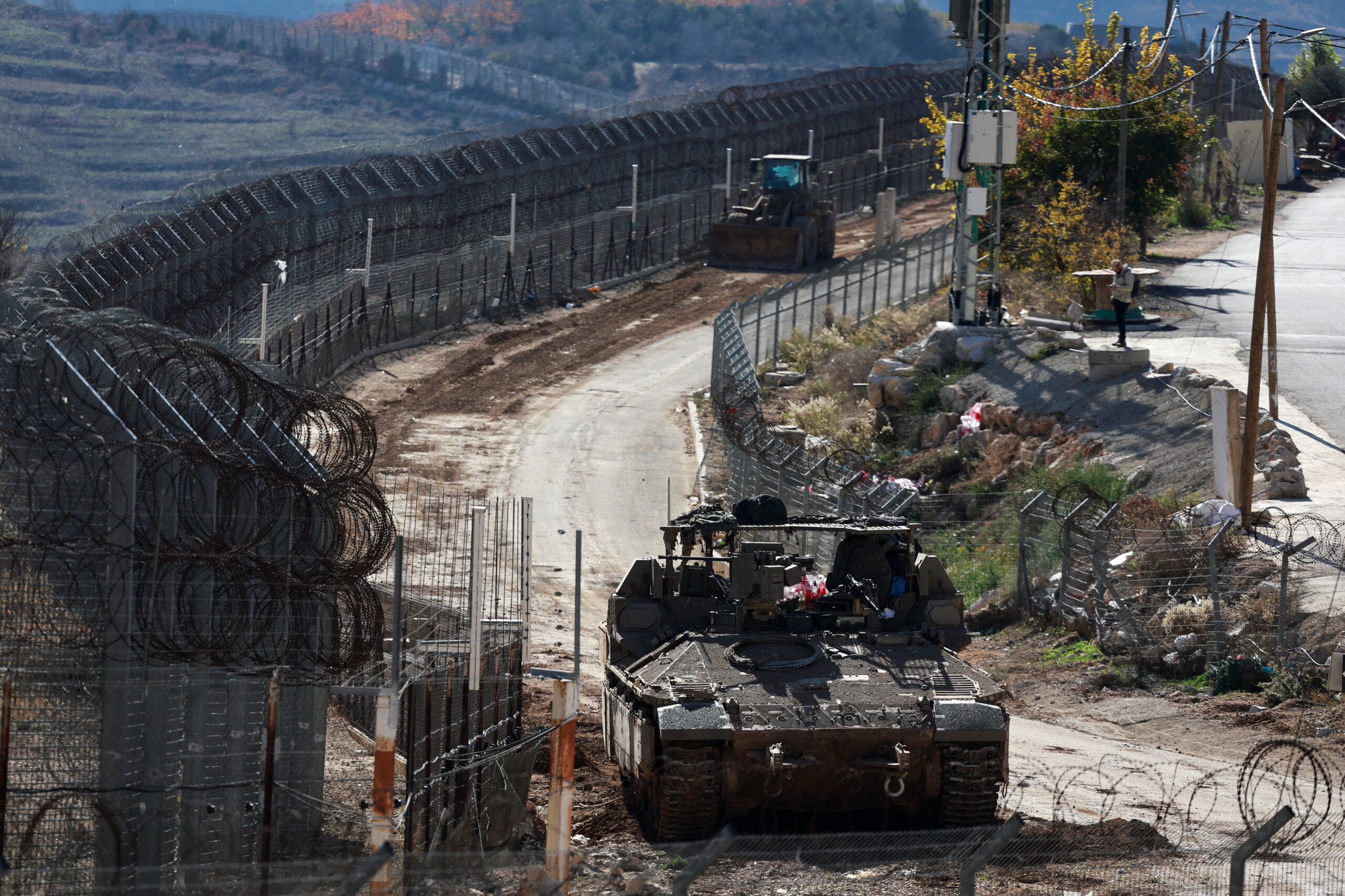The High Court Battle Over UK Arms Exports to Israel

By the end of this week, a crucial decision will be made regarding whether a British organization dedicated to fighting injustice through legal action, along with a Palestinian human rights group, will be allowed to have their case challenging the UK’s arms exports to Israel heard in the High Court in London. The stakes are high, as the outcome of this case could set a significant precedent for future arms export policies, with implications for both human rights and international law.
Should the High Court agree to hear the case, a full trial is expected to take place in February. The plaintiffs, Global Legal Action Network (GLAN) and Al-Haq, a prominent Palestinian human rights organization based in the West Bank, argue that the UK government is complicit in human rights abuses by continuing to export arms to Israel. Specifically, they are calling for the suspension of all current arms export licenses to Israel. Last year, the UK government suspended just 30 of the approximately 350 active export licenses to Israel, but this limited action falls far short of the total ban that GLAN and Al-Haq are demanding.
The case is based on allegations that Israel is using information derived from torture to justify attacks on civilians, including medical personnel, aid workers, and facilities. The human rights organizations argue that this practice undermines the assurances given by Israel to the UK government regarding the proper use of military equipment. The plaintiffs have presented documents to the court, including testimonies from Gaza, which they claim expose the unlawful and unreliable use of torture-derived intelligence to target innocent civilians. These revelations, if proven in court, would call into question the integrity of Israel’s actions and the UK government’s complicity in supporting them.
The arms exports in question do not currently include component parts for the F-35 fighter jet program, which has been a focal point of the case. GLAN and Al-Haq are seeking an injunction to stop the sale of these F-35 components, a move that could have profound global implications. The F-35 is notorious for being the platform used to launch indiscriminate airstrikes, including those that target civilian areas. The involvement of such high-tech weaponry in these airstrikes makes the case even more pressing, as the world grapples with the consequences of military escalation in the region.
In a significant development, the High Court has granted permission for prominent human rights organizations such as Oxfam GB, Human Rights Watch, and Amnesty International UK to intervene in support of this case. These organizations, with their extensive experience in advocating for international human rights standards, will lend their expertise to help ensure that this case is heard and that the voices of those affected by the ongoing violence are not silenced.
The decision to continue supplying arms to Israel has long been a point of contention, with critics arguing that it contributes to the cycle of violence in the region. This legal challenge represents an opportunity to hold the UK government accountable for its role in potentially exacerbating human rights abuses. For the plaintiffs and their supporters, the case is not just about arms exports; it’s about the need for accountability, justice, and a broader commitment to international law.
As the High Court prepares to decide whether this case will proceed, all eyes are on the potential consequences. If the trial goes ahead, it could set a precedent for how countries handle arms exports to nations involved in ongoing conflict and human rights violations. With global implications, this case is about much more than the legalities of arms sales—it is a test of the international community’s commitment to upholding human rights and ending impunity for abuses of power.
Agencies.
- Most Viewed
- Most Popular


